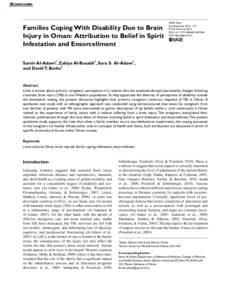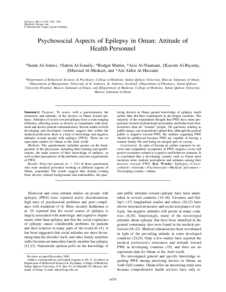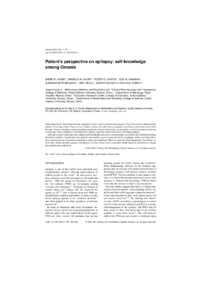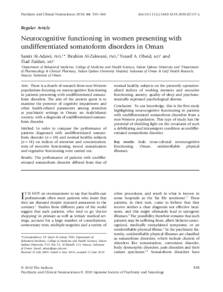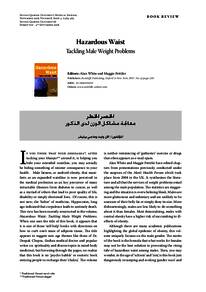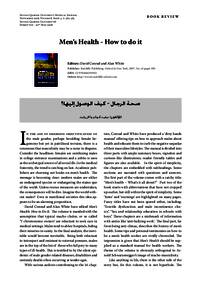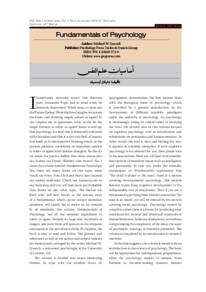Document
Families coping with disability due to brain injury in Oman : attribution to belief in spirit infestation and ensorcellment.
Identifier
DOI: 10.1177/2158244012457400
Contributors
Publisher
SAGE Publications Inc.
Gregorian
2012-07
Language
English
Subject
English abstract
Little is known about primary caregivers' perceptions of a relative who has sustained abruptly personality changes following traumatic brain injury (TBI) in non-Western populations. To help appreciate the diversity of perceptions of disability outside the biomedical setting, the present discourse highlights how primary caregivers construct sequelae of TBI in Oman. A qualitative case study with an ethnographic approach was conducted using semistructured interviews. Six caregivers from two families of patients with TBI were interviewed to garner description of lay beliefs within a rural community in Oman related to the experience of family carers with a relative suffering from a brain injury. The caregivers interpreted their relatives' predicament through the local idiom of distress involving belief in spirit infestation and ensorcellment. The present qualitative study supports the view that when a family member incurs neurobehavioral impairments, the coping processes of the caregivers are heavily influenced by cultural concepts of health and illness. Such attributions are discussed in terms of specific sociocultural forces within Omani society.
Member of
ISSN
2158-2440
Resource URL
Category
Conferences & workshops

